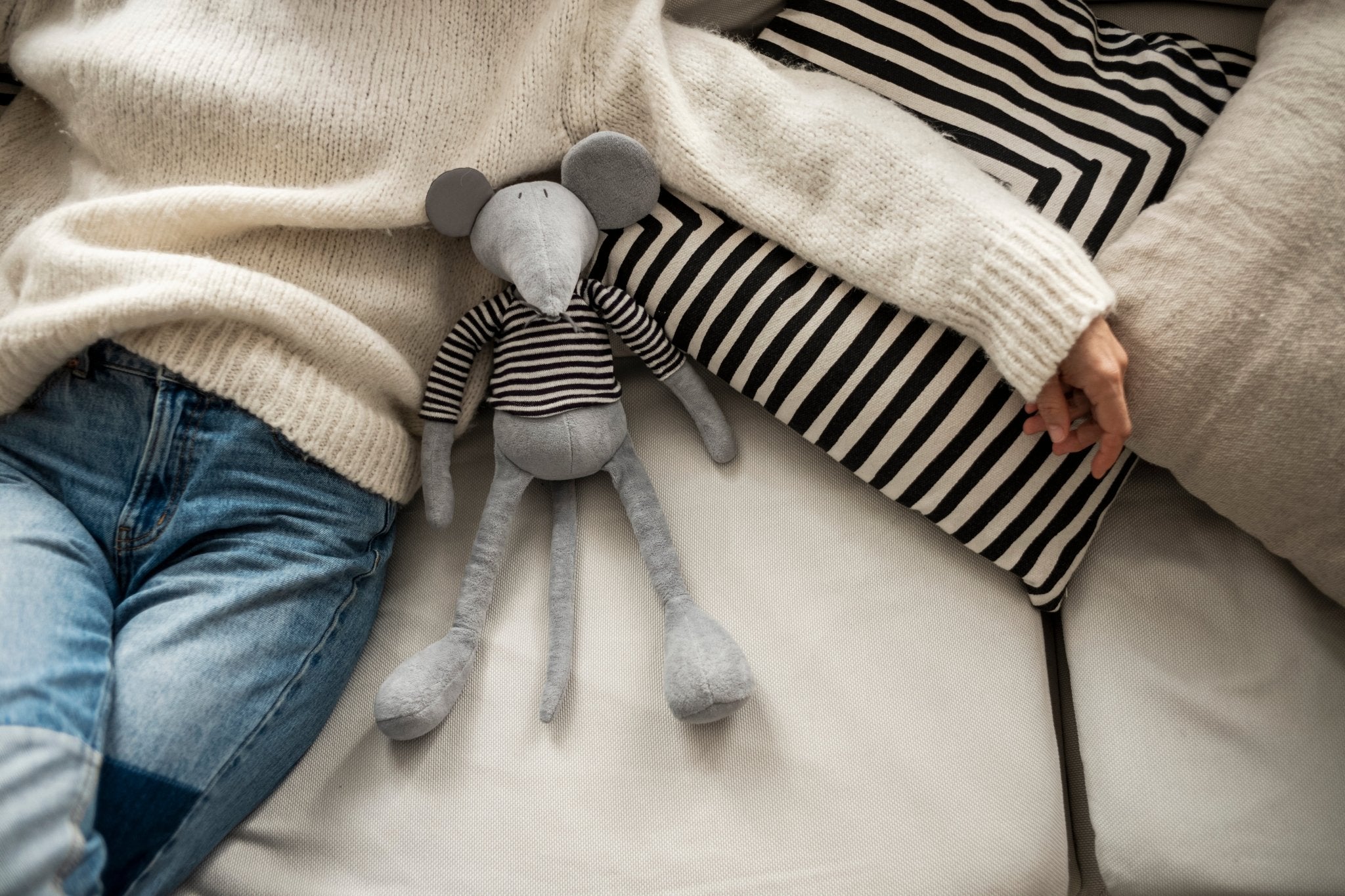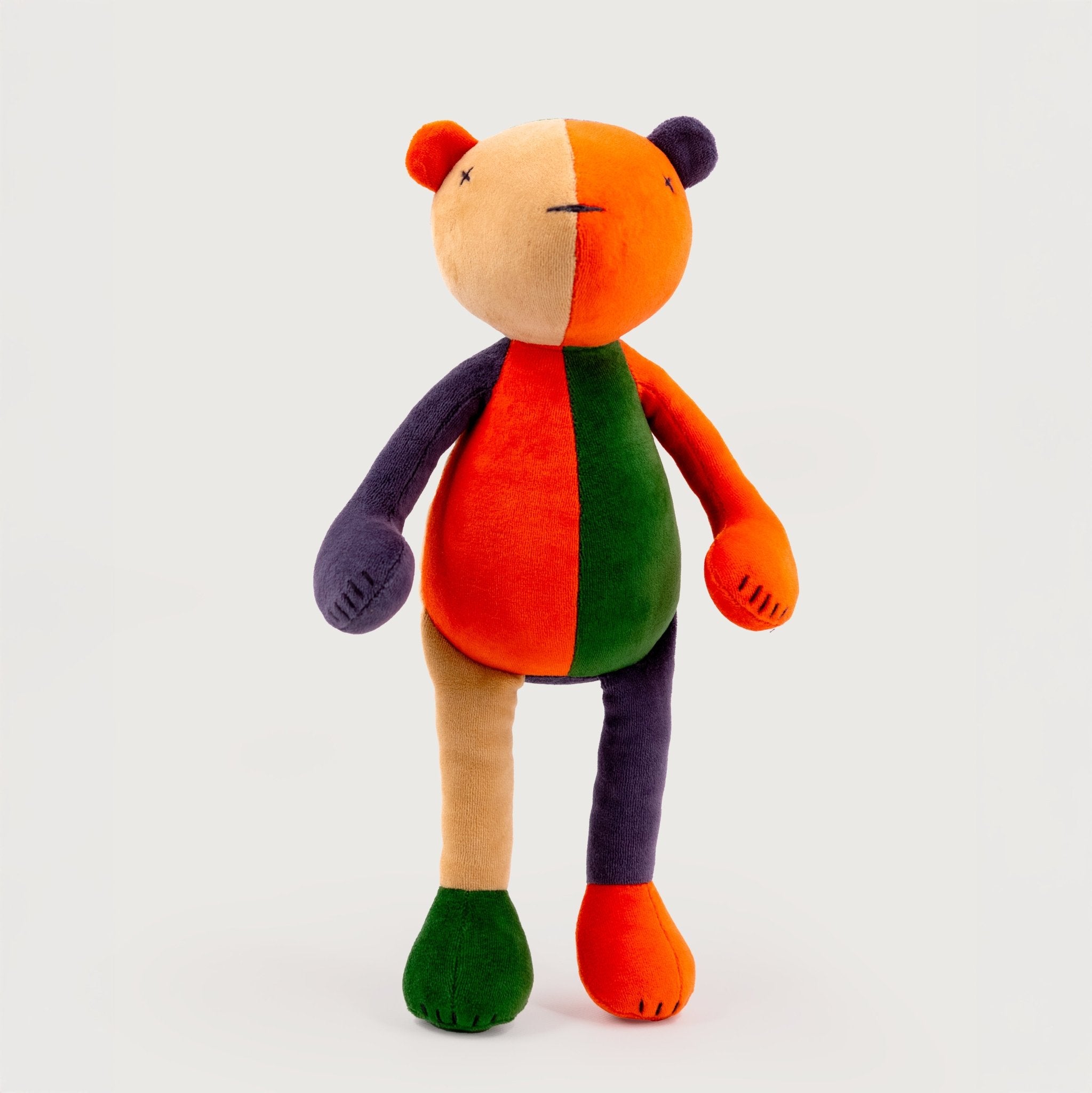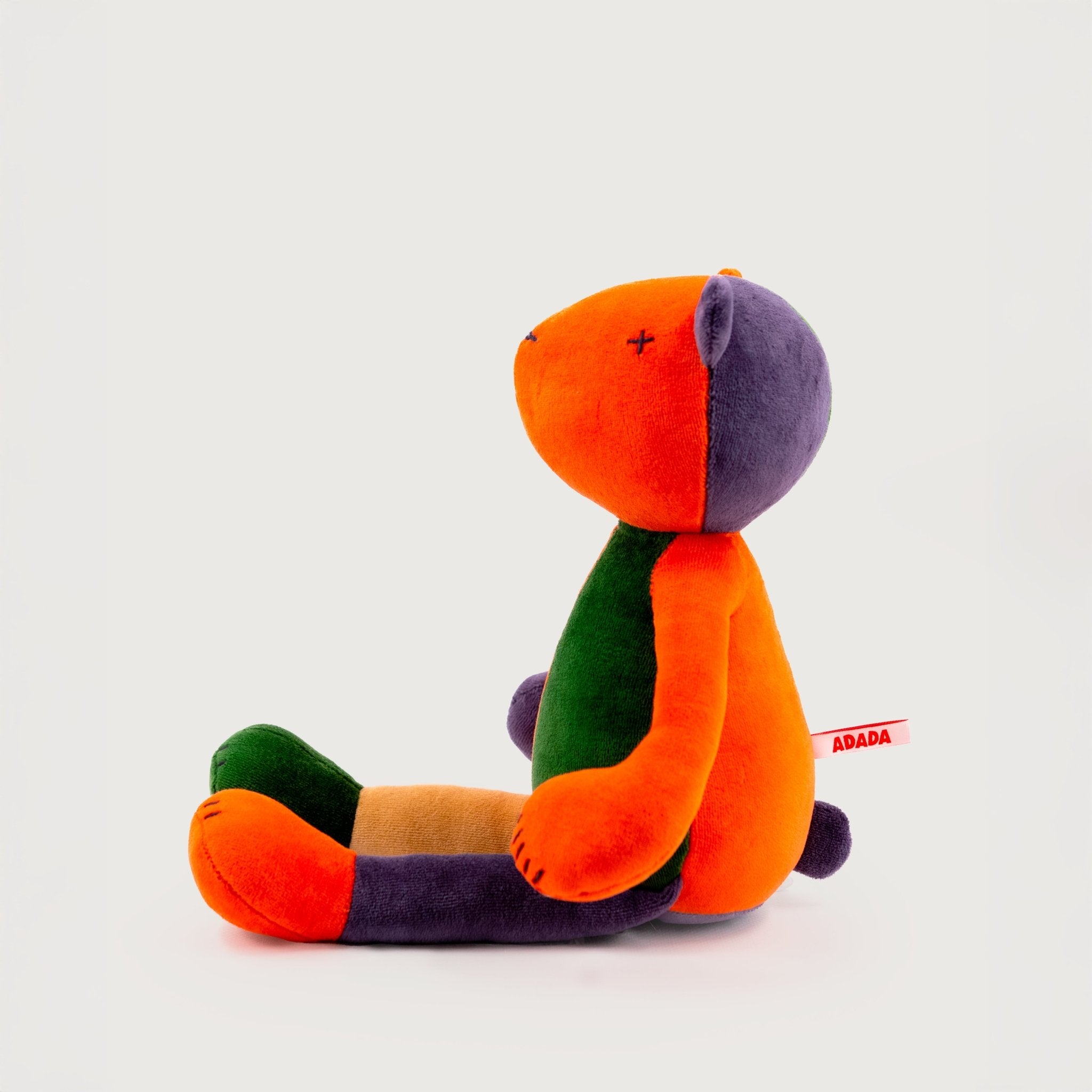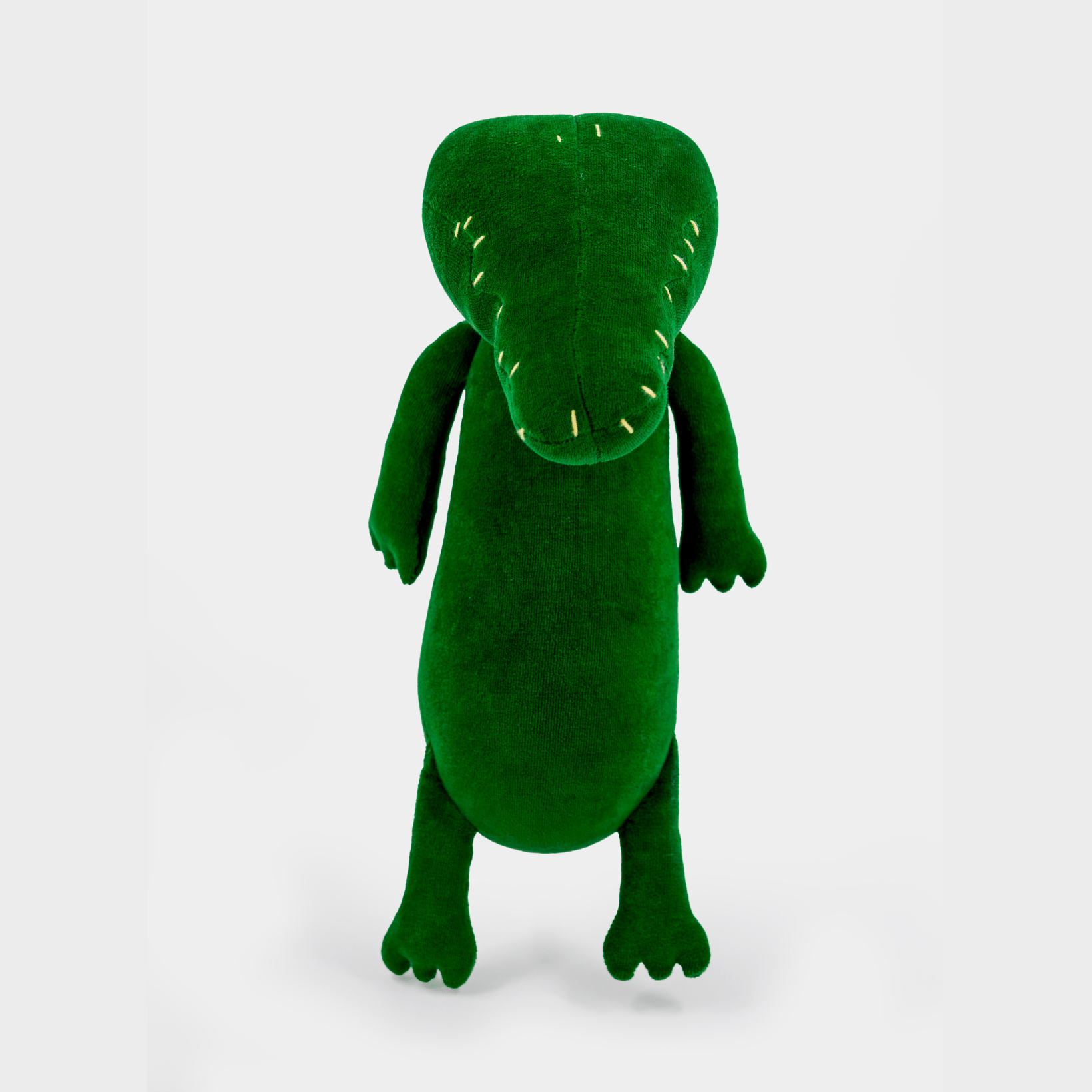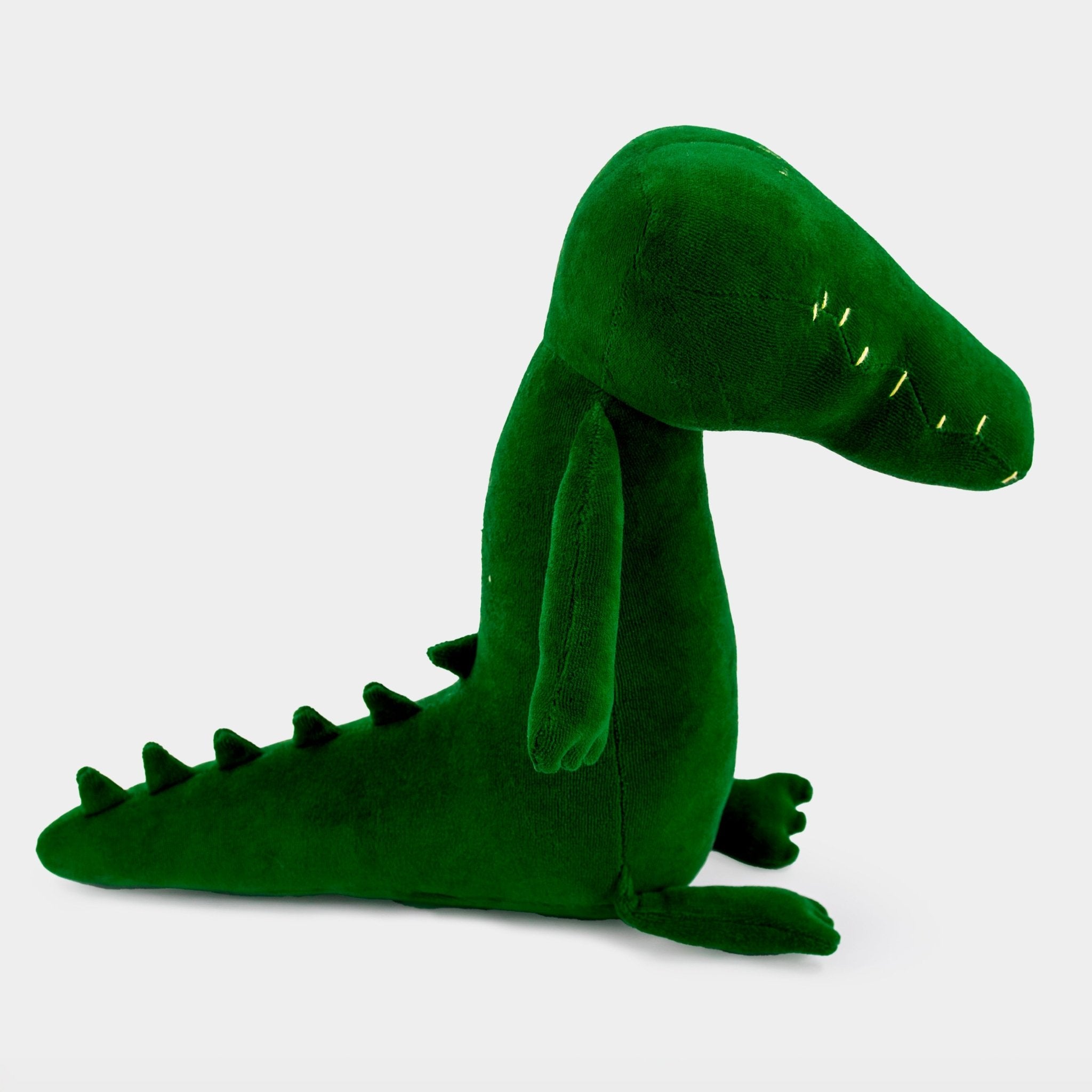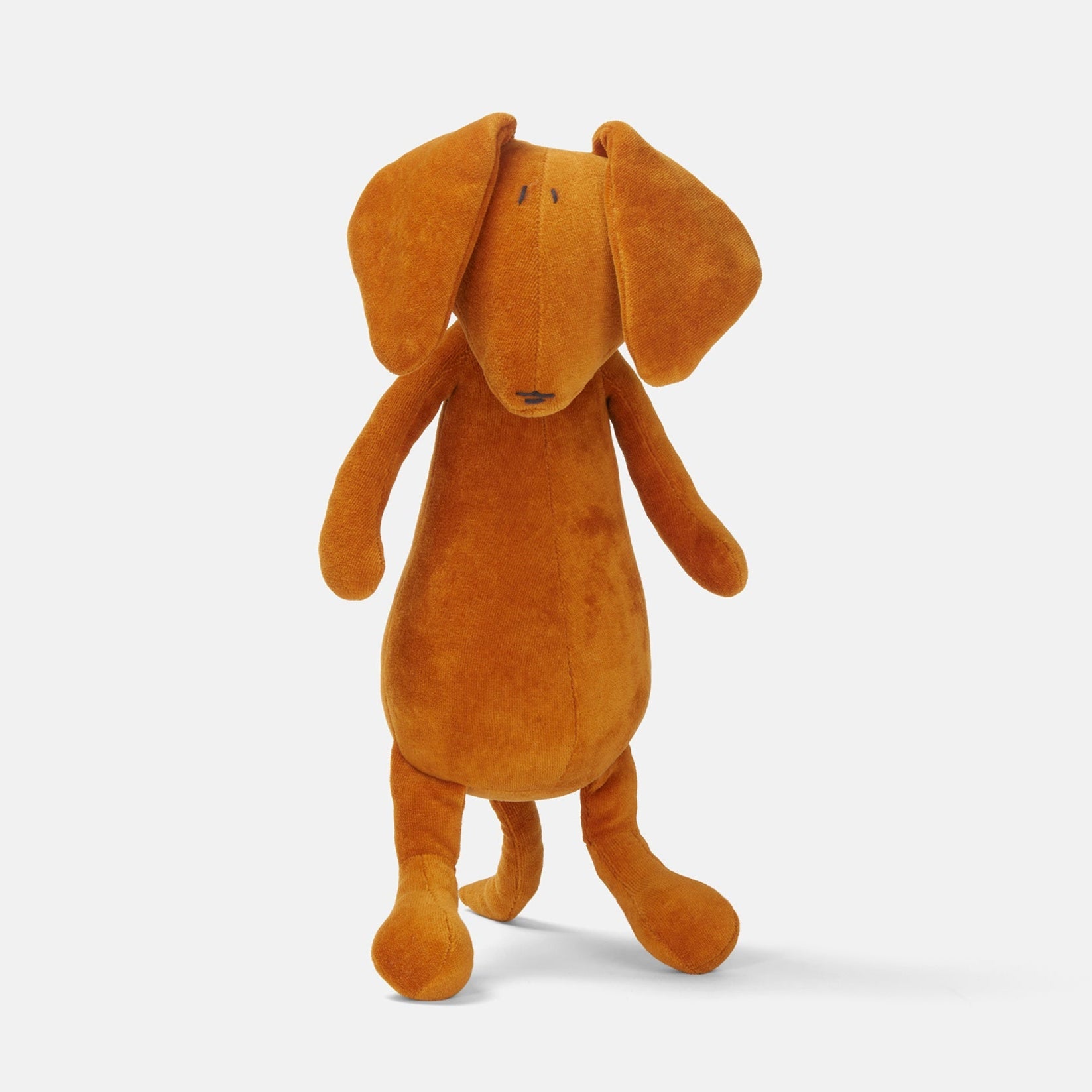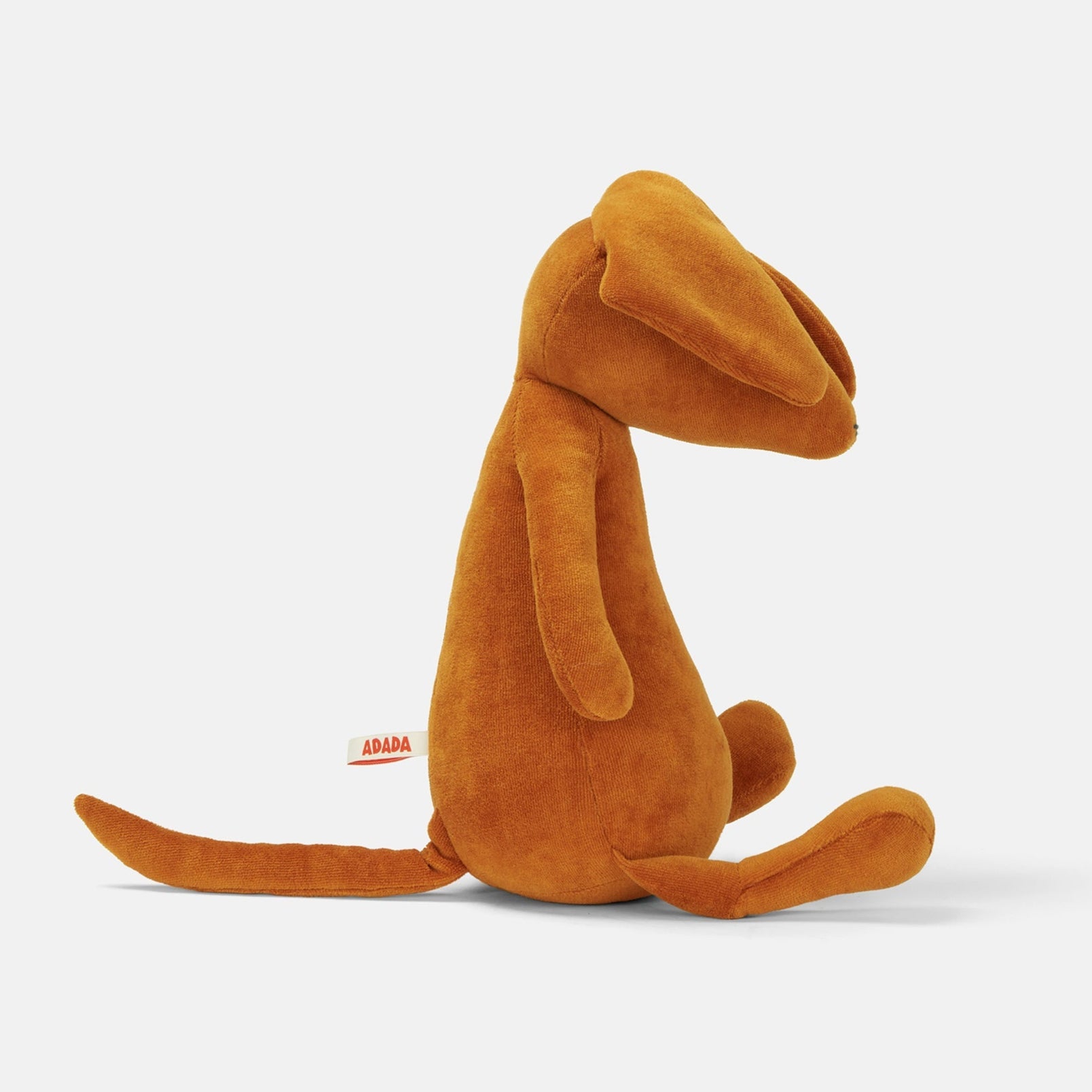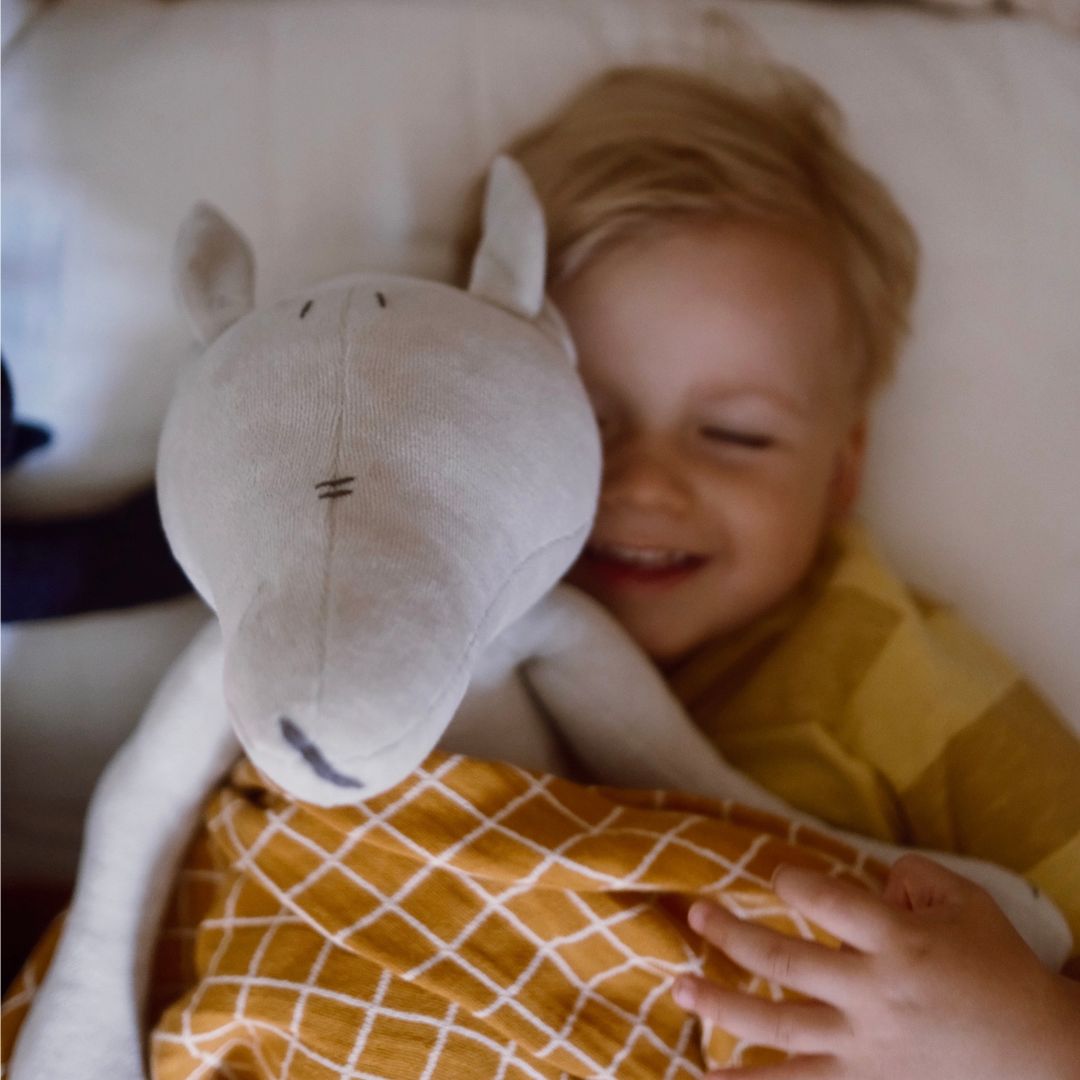
Why do children sleep with stuffed animals? Exploring emotional comfort and developmental benefits
Soft toys have been a beloved companion for children for generations, offering companionship, security and comfort. Many parents ask: why do children sleep with cuddly toys? The answer lies in the emotional comfort and developmental benefits these soft, cuddly friends provide.
Emotional comfort: a source of security and reassurance
One of the main reasons why children sleep with cuddly toys is the emotional security they offer. From an early age, children develop attachments to familiar objects that provide them with a sense of stability in a constantly changing world. Soft toys act as comfort objects, helping to alleviate anxiety, particularly at bedtime.
-
Easing separation anxiety: When children move from sleeping with their parents to sleeping alone, a stuffed toy can act as a comforting presence, making the transition less difficult.
-
Stress reduction: Whether it's a storm, a new environment or a nightmare, snuggling a favorite stuffed animal helps children regulate their emotions and feel safe.
-
Emotional expression: Children often project their emotions onto their stuffed animals, using them as confidants to express their fears, joys or frustrations in a safe, non-judgmental way.
Developmental benefits: encouraging growth and independence
Beyond emotional support, stuffed animals also play a crucial role in a child's development.
-
Improved social skills: Imaginative play with stuffed toys helps children develop social and communication skills. They learn empathy by caring for their stuffed companions and practicing conversations.
-
Strengthening independence: Having a stuffed toy as a nighttime companion encourages children to sleep on their own, fostering a sense of independence.
-
Promoting good sleep habits: Incorporating a favorite stuffed toy into the bedtime routine can signal to the child that it's time to sleep, improving rest quality and overall well-being.
-
Cognitive development: Interacting with stuffed animals through imaginative stories and games strengthens problem-solving skills and stimulates creativity.
At what age do children stop sleeping with stuffed toys ?
While some children naturally detach from their stuffed toys as they gain confidence and independence, others continue to find comfort in them well into adolescence and adulthood. There's no specific age at which to stop sleeping with a stuffed toy: it all depends on the emotional needs and personal preferences of each individual.
Conclusion
The question of why children sleep with stuffed animals is deeply linked to emotional well-being and developmental growth. These cherished companions offer comfort, reduce stress and support essential developmental milestones, making them an invaluable part of childhood. So the next time you see a child clutching a favorite stuffed friend at bedtime, know that it's not just a toy, but a source of security, love and fulfillment.
Does your child have a favorite stuffed toy? Share your experiences in the comments below!




